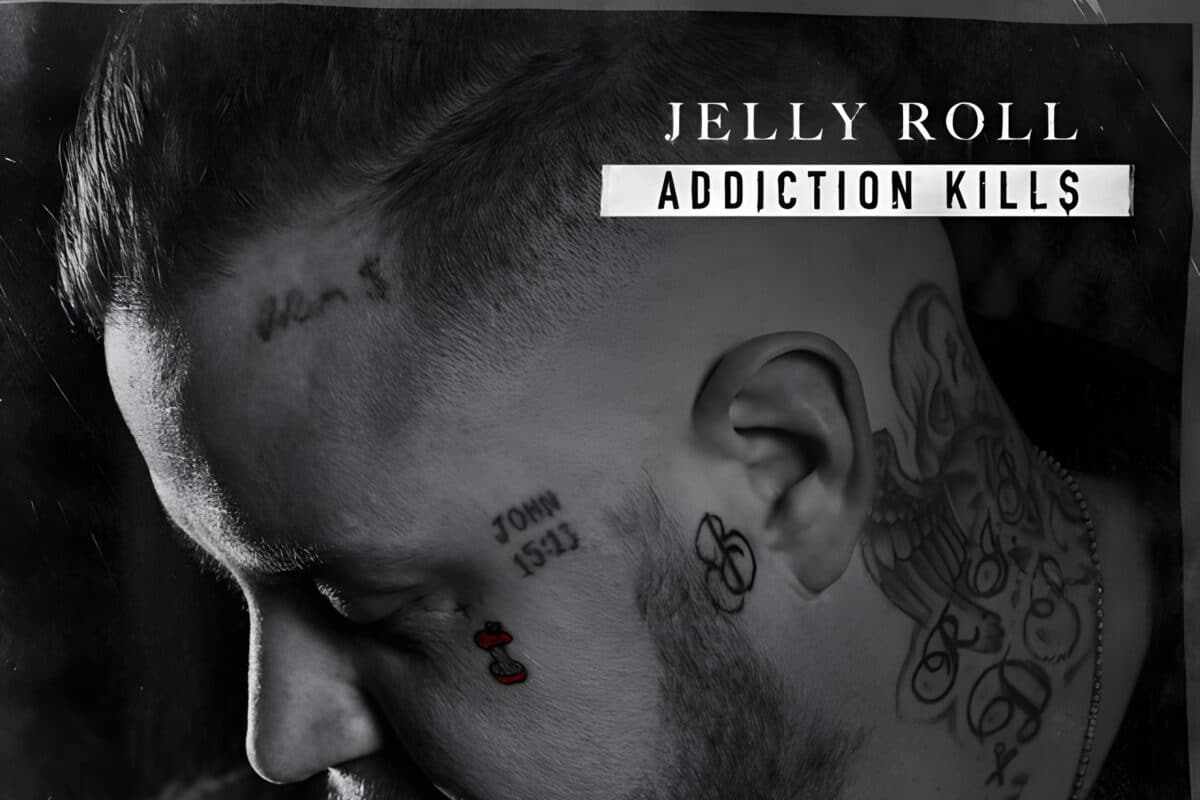Released: 2017
Heaven by Jelly Roll unravels the narrative of rough-edged life, encompassing themes of resilience under the guise of vice and defiant success. It’s a bold assertion that even the most flawed among us deserve redemption, taking listeners through a journey of struggle, defiance, and belief in unconventional truths.
Jelly Roll kicks things off painting a picture of a life on the edge with “lately, I’ve been living like a rolling stone”, symbolizing a nomadic, unsettled lifestyle fueled by indulgence and evasion. The reference to being “higher than a fuckin’ drone” not only captures physical intoxication but also a desire to escape reality, seeking solace in substances. When he talks about people he cared for turning their backs on him, “People I took care of are actin’ like I ain’t worth a shit”, it’s a raw peek into betrayal and the pain of unreciprocated loyalty in his journey to the top.
The chorus “‘Cause I believe that even all the gangsters go to Heaven” stands as a poignant, if controversial, declaration of faith—a belief in redemption and the possibility of an afterlife reward for those often dismissed by society as unworthy. This idea juxtaposes traditional moral expectations with Jelly Roll’s more inclusive vision of salvation. Similarly, “Yes, I believe that all the savage bitches go to Heaven” underlines a gender-neutral stance on redemption, advocating for a heaven that doesn’t discriminate based on life’s choices or societal labels.
Through his narrative of struggle to success, highlighted in lines like “I’ve been runnin’ with the losers on the bottom with the scum” and his eventual rise, “So they knew that I’m gon’ pop”, Jelly Roll embodies the essence of a dark horse achieving against the odds. His shout-out to authenticity and a warning against being a “culture vulture” is a testament to staying true to one’s roots, and a celebration of southern, country-influenced grit in the face of mainstream appropriation.
The song closes as it opened, with the soothing, contrasting refrain of “Sounds like a lullaby”, bringing the narrative full circle. This repetition serves as a gentle reminder of the song’s underlying message of hope, rest, and the dream of a peaceful afterlife for all, regardless of their earthly sins.








